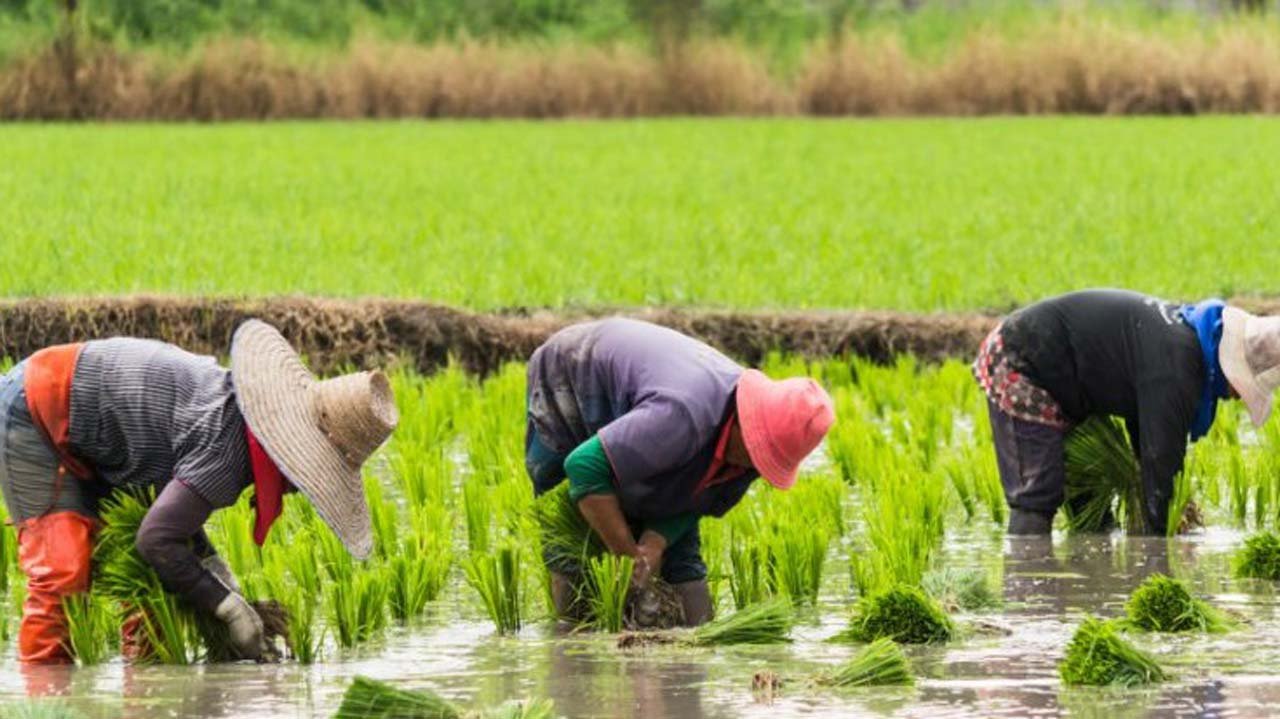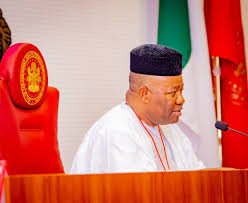Nigerian authorities at the federal and state levels have been alerted to the looming danger of severe food shortages in seven states of the North. According to the Food Security report of the World Bank, seven states in the North of the country may likely witnessed severe food crisis in 2024, following the worsening security situation and armed conflicts. The warning comes at a time when food inflation has affected the purchasing power of millions of Nigerians, leading to protests in some states across the country. At the last count, The Explainer has reported about States like Niger, Kano and Lagos, which have recorded protests involving citizens decrying the high cost of living, particularly their inability to afford basic necessities, especially food. The World Bank report comes just as the Food and Agriculture Organisation (FAO) also predicted that around 5 million Nigerians are at risk of hunger in 2024.
In the World Bank report made available to The Explainer, the states highlighted as running a high risk of experiencing food crisis are; Borno, Sokoto, Zamfara, Kaduna, Yobe, Adamawa and Katsina. This is just as the report also predicted that countries like: Burkina Faso, Chad, and Niger will experience varying degrees of food insecurity. All within the West Africa region. The report further explained that: “It is projected that most areas in West and Central Africa will remain minimally food insecure (IPC Phase 1) until May 2024, with some being categorized as stressed IPC 2. Nigeria (far north of Adamawa, Borno, Kaduna, Katsina, Sokoto, Yobe, Zamfara states) will be at Crisis food security levels (IPC Phase 3), mostly because of persistent insecurity and armed conflict and deteriorating livelihoods.”
The report also noted that over 63.2% of low-income countries experienced inflation levels surpassing 5%, marking a 1.3%-point increase compared to the previous food update on January 17, 2023. It further stated that areas in Northeastern states such Abadam, Bama, Guzamala, Marte, among others will experience emergency food security levels (IPC Phase 4) as a result of limited household food stock and access to market and humanitarian aid.
Consequently, the report has it that in real terms, food price inflation outpaced overall inflation in 71% of the 165 countries where data was available. The Explainer recalls that as a counter measure to the economic crisis currently ravaging the country, President Bola Ahmed Tinubu, upon assumption of office last year, declared an emergency on food insecurity in the country and mandated the National Security Council to expedite measures to tackle the challenge. However, despite taking this important declaratory step, no impact has been seen on the ground as food prices continue to surge day by day, increasing the poverty level of the citizenry.
A check by The Explainer revealed that a large number of Nigerians are now in abject poverty due to the rising inflation which has put pressure on their income. Some Nigerians who spoke to our reporter on the economic situation in the country opined that the government should put in place a mechanism to control the price of commodities in the markets, and check the collapse in the value of the Naira against the foreign currency; the United States Dollar. They are also of the opinion that the government should ensure that adequate security measures are put in place, so that farmers can return to their farms.


























